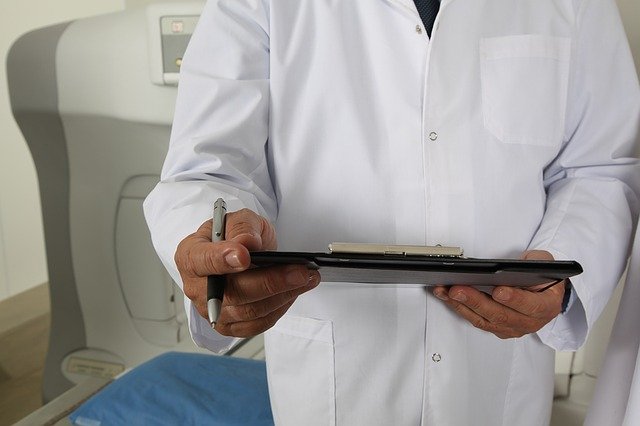Over the course of the past seven days, the number of COVID-19 infections on the Garden Route has increased by 20%. As a result, the Western Cape government says that teams are working tirelessly to manage and contain the spread of the virus in the area.
The Western Cape Department of Health has identified the Garden Route as a hotspot, and this was corroborated by President Cyril Ramaphosa during his address to the nation earlier this week.
According to the province’s Head of Health, Dr Keith Cloete, the infection rate in the George, Knysna and Bitou municipalities is around 32%.
“There was an increase in cases in all the sub-districts excluding Kannaland. In the George area, specific areas include Thembalethu, Pacaltsdorp and Connville. In Knysna, it is everywhere and in Bitou and Plettenberg Bay it is starting and Kwanokothula is the main area of concern,” he said during a weekly digi-conference on Thursday, November 12.
The Western Cape has also observed a slight increase in the number of hospitalisations in the province, and in the Garden Route. There is currently a total of 74 hospital admissions in the Garden Route (Covid positive and persons under investigation), with 15 of these in critical care.
Overall, the healthcare services platform is still managing well, even with increasing admissions for other healthcare concerns. Rural hospitals are currently reporting 75% occupancy, and metro hospitals have a 77% occupancy rate- of which only 4% are COVID-19 admissions.
The Hospital of Hope at Brackengate has 42 patients admitted, and Sonstraal has one Covid-19 admission, and 12 admissions for TB, as the Western Cape Government is focusing on ramping up TB care services in the province. Oxygen usage in the province remains stable at 35% of total availability.
“The Garden Route has an excellent contact tracing system but now there is some strain. We’ve got to look at some additional capacity to assist them and then the multi-sectoral response, which includes health, the municipalities, law enforcement, education and the private sector,” Cloete added.
Picture: Pixabay

